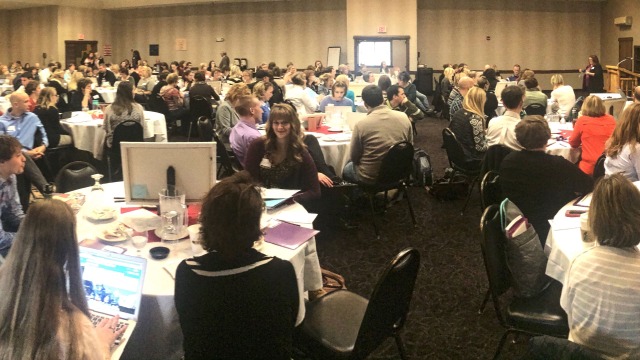The American Association of Retired Persons (AARP) continues to keep us informed on the progress of federal legislation regarding a national manufactured housing law. The pending laws are S1452 and HR1776. As many of you may know, this legislation has cleared both houses of Congress. While the bills are very similar, there remain a number of administrative and procedural differences. AARP representatives told us a fall conference is being planned to resolve some of these differences.
The House and Senate bills are a vast improvement over their original versions. Your calls and letters were critical to making improvements in these bills. Your letters helped increase consumer representation on the consensus committee, establish a requirement for installation standards, and a process for resolving disputes about whether a problem is due to manufacturing or installation deficiency.
While these bills provide processes for updating construction and safety standards, establishing installation standards, and resolving disputes, the ultimate effectiveness of the law will be determined by the strength of consumer advocacy on the federal level consensus committee and in state-level standards setting. This legislation should be viewed as just the beginning of a stronger consumer focus in manufactured housing construction and safety standards. Lacking continued advocacy, it will produce limited benefit.
AARP will continue watching closely to make sure that consumer protections are not weakened. It is not unusual for a bill’s language to quietly appear or disappear during conference.
A summary of amendments as they emerged from committee and subsequently passed the House and Senate:
Consensus Committee
The Consensus Committee consists of 3 groups of 7 persons each:
- Producers, Consumers, and General Interest/Public Officials.
- The Secretary of the Department of Housing and Urban Development may reject nominees to the Consensus Committee in order to ensure that no single interest dominates.
- Persons appointed to the consumer group may not have significant financial interest in the manufactured housing industry.
- Persons appointed to either the consumer or general interest categories are subject to a one-year ban from employment in the manufactured housing industry.
- Technical support shall be furnished upon request to any of the interest categories.
- As in the original version of s 1452, a 2/3 vote is required to obtain Consensus Committee approval.
Installation Standards
- The Consensus Committee shall develop and submit proposed model manufactured housing installation standards to the Secretary of HUD within 18 months after the Consensus Committee has been appointed.
- The Secretary of HUD shall develop and establish model installation.
- At the end of the 5-year period following the passage of the Manufactured Housing Improvement Act, the Secretary shall implement an installation program in each state which has not established its own installation program that is determined by the Secretary to include:
- installation standards that equal or exceed the protection provided by a) the model manufactured home installation standards or, b) the manufacturer’s instructions for installation if the Secretary determines such instructions provide protection that equals or exceeds the protection provided by the model manufactured home installation standards;
- training and licensing of manufactured home installers: and
- inspection of the installation of manufactured homes.
Dispute Resolution
- Within 5 years of enactment of the Manufactured Housing Improvement Act, the HUD Secretary must establish a voluntary dispute resolution program which provides for timely resolution of disputes among manufacturers, retailers, and installers regarding repair of defects that are reported within one year of installation.
- At the end of the 5 year period following the enactment of the Act, the Secretary must implement this dispute resolution program in each state which has not established its own equivalent program to provide for timely resolution of disputes as described above.
- The HUD Secretary shall approve state plans that provide for timely resolution of disputes as described.


